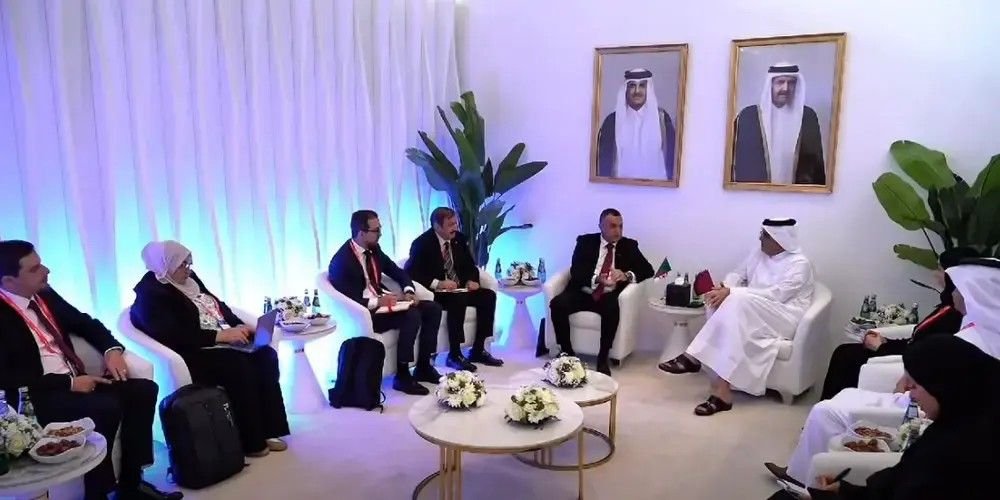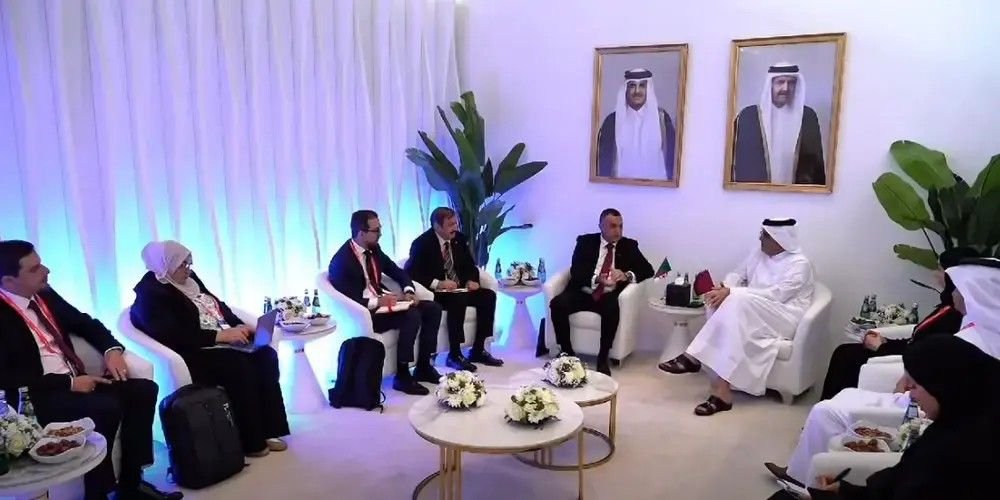Mubadala Investment Company, the sovereign wealth fund based in Abu Dhabi, has expanded its digital infrastructure portfolio by investing in Yondr Group, a prominent developer and operator of hyperscale data centers headquartered in London. This investment, made in partnership with Apollo and funds managed by Apollo, aims to bolster Yondr’s growth strategy as it addresses the surging global demand for data center capacity, which is expected to grow at an 11% compound annual growth rate (CAGR) through 2032.
Yondr, known for providing scalable infrastructure to major technology firms, currently manages a significant capacity with 878MW contracted and reserved, of which 58MW is operational. The investment from Mubadala will enhance Yondr’s ability to meet the growing needs fueled by advancements in artificial intelligence (AI), 5G technology, and the Internet of Things (IoT).
Mounir Barakat, Senior Executive Director of Digital Infrastructure at Mubadala, commented on the acquisition: “This investment is a strategic addition to our expanding suite of global digital infrastructure assets. With the increasing reliance on AI, 5G, and IoT, the demand for hyperscale data centers has surged. Yondr is strategically positioned to meet this demand and provide robust solutions to some of the world’s rapidly growing companies.”
Chester Reid, Chief Financial Officer at Yondr, stated, “Mubadala’s backing strengthens our position to accelerate growth and continue providing sustainable data center solutions globally, addressing the rising need for capacity.”
In recent years, Mubadala has made several strategic investments in the data center sector, including stakes in Aligned Data Centres in the Americas and Princeton Digital Group in Asia, as well as significant investments in major global fiber network providers like CityFibre in the UK and GlobalConnect in Northern Europe.
In line with Mubadala’s commitment to responsible investing, Yondr aims to achieve net-zero greenhouse gas emissions by 2030 through the implementation of energy-efficient technologies and the utilization of renewable energy sources.















